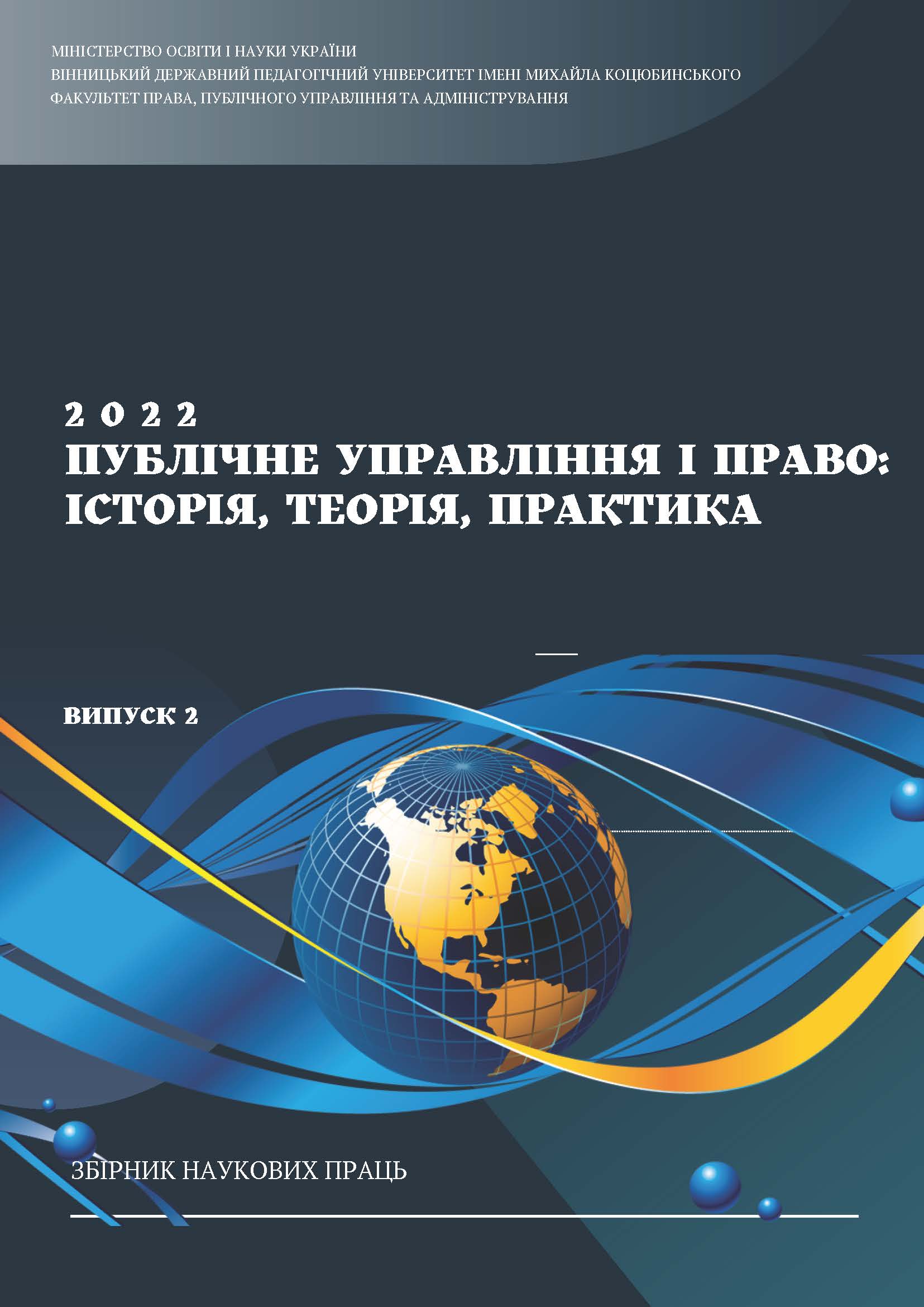Formation of the state policy for the development of land relations in Ukraine in accordance with the concept of sustainable development
https://doi.org/10.31652/2786-605X-2022-2-23-27Published 2022-12-08
Keywords
- state policy, land relations, sustainable development, land market
Copyright (c) 2022 Ivan Zubar

This work is licensed under a Creative Commons Attribution 4.0 International License.
How to Cite
Abstract
The article analyzes scientific approaches to determining the role of land resources in the national wealth of the state and determines that their uniqueness lies in the many meanings for society. Emphasis is placed on the prolongation of scientific and political discourse in the direction of the state policy of land reform. This fact is recognized as the reason for the existence of unresolved issues in the organization of land relations. These facts justify the need for the government to develop a constructive package of management decisions in order to properlycomplete the reforms.
The analysis of the achieved results of land reform was carried out, as a result of which it was determined that the structure of state policy shows the practice of making separate economic, social and environmental decisions without combining them into a single vector of development, which caused destructive consequences for land resources. The way out of this situation is to develop and implement systemic changes in land relations, built on the principles of sustainable development.
The basic postulates of the concept of sustainable development are described, which is considered as the foundation for the implementation of the stated conditions for optimizing the state policy of land relations. It is proposed to set out the quintessential provisions for solving this problem in the concept of state policy of land relations on the basis of sustainable development, which provides for the normalization of key provisions of the socio-economic vector of development taking into account economic, environmental and social components.
Emphasis is placed on regulating the institutional component of the functioning of the agricultural land market. The development of transitive infrastructure in the process of land market formation is proposed to be structured by interrelations of market elements and within the powers of state institutions to coordinate them by creating conditions under which market participants will have access to their necessary service areas through a set of organizational and legal forms market.
Downloads
References
- Бойко А. О. Теоретичні основи та принципи державної політики у сфері земельних відносин в Україні. Інвестиції: практика та досвід. 2018. № 16. С. 114-122.
- Гнаткович О. Д. Державна політика у сфері регулювання економічних земельних відносин. Державне управління: удосконалення та розвиток. 2015. № 4. http://www.dy.nayka.com.ua/?op=1&z=835
- Зубар І. В. , Яременко О. І. , Онищук Ю. В. Перспективи розвитку земельних відносин фермерських господарств в умовах децентралізації публічної влади в Україні. Вінниця: РВВ ВДПУ ім. М. Коцюбинського, 2021. 248 с.
- Науково-аналітична записка "Про інституалізацію правил обігу земель сільськогосподарського призначення: зарубіжний досвід та можливості його адаптації до умов України". https://http:www.coop-union.org.ua?p=6829
- Наше общее будущее: Доклад Международной комиссии по окружающей среде и развитию. http://www.un.org/ru/ga/pdf/brundtland.pdf
- Омаров Ш. А. Теоретичні засади формування стратегії сталого розвитку регіонів України. Вісник Чернігівського державного технологічного університету. 2014. № 3(75). С. 149-157.
- Хаустова В. Є. Омаров А. О. Концепція сталого розвитку як парадигма розвитку суспільства. Проблеми економіки. 2018. № 1. С. 265-273.
- Юрченко І. В. Регулювання ринкового обігу земель сільськогосподарського призначення: досвід Польщі. Економіка АПК. 2018. № 4. С. 88-94. https://doi.org/10.32317/2221-1055.201804088

